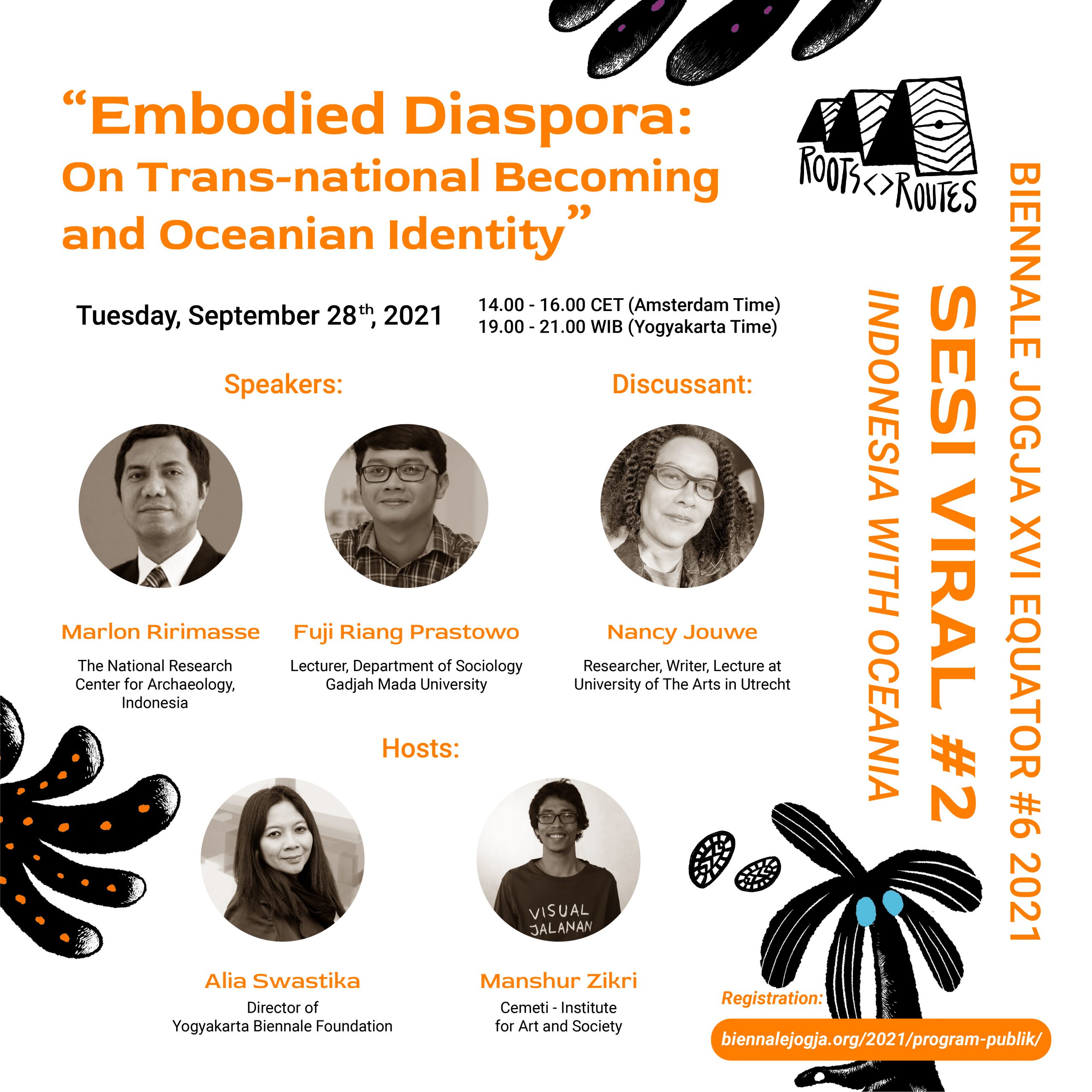

The shifting of archaeological views in translating material culture towards interpretive approaches, in which local potentials are finally recognized, has had a major influence on the process of understanding the global community on the changes that occur among groups called migrants, indigenous peoples, and ethnic communities. The problem then hits the possibility of seeing how the potential artifacts from one culture are indigenous to another culture.
This session tries to discuss how approaches rooted in transnationalism and diaspora have the opportunity to see more clearly the ambiguity that arises from this shift and is expected to offer perspectives or theoretical arguments to get around the constraints resulting from the existing complexities.
Are artifacts used to strengthen the collective imagination of an ethnic community and nation? How can we draw a number of contexts in order to translate the identities of artifacts that are combined in layers and even disguise the geographical boundaries, so that the historical search that is imagined is then able to provide an appropriate detail in understanding the geopolitical dynamics between regions themselves? So, how does the practice of art find a way to contribute to this effort? How to build networks and practice reading history from the diversity of the Oceania region through museum work and exhibitions? What does oceanic solidarity mean in the context of our lives today?
Host :
Speakers:
Discussant :
Nancy Joewe (Researcher, Writer, Lecture at University of the Arts in Utrecht)